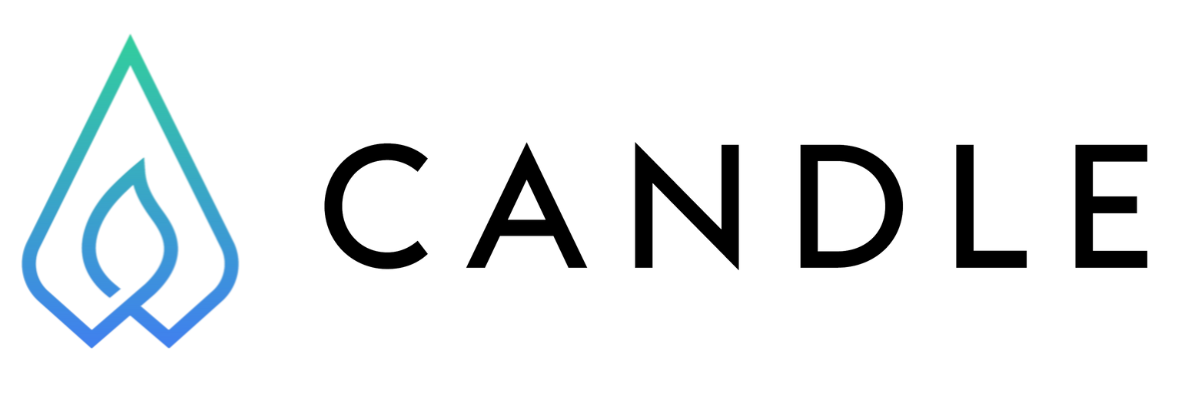As digital transformation accelerates, Artificial Intelligence (AI) enhances and profoundly redefines the modern workplace—most notably through employee monitoring. While AI-powered surveillance tools yield undeniable benefits regarding productivity and security, they also provoke complex ethical debates and herald significant future trends.
The Current Landscape of AI in Employee Monitoring
Employee monitoring has long been a staple in the organizational toolkit, aimed at enhancing productivity, ensuring compliance, and safeguarding sensitive data. Traditional methods relied on manual oversight and rudimentary digital tools. Enter AI, and the landscape transforms dramatically. AI systems now offer real-time analytics, predictive insights, and comprehensive data monitoring that surpass previous capabilities.
These modern AI tools can track activities ranging from website visits and email communications to keystrokes and biometric data like facial expressions and heart rates. While this granularity provides employers with valuable, actionable data, it also unearths ethical concerns.
Ethical Considerations
Privacy Concerns: One of the most pressing issues is privacy. Employees may feel their personal space is invaded when AI systems monitor their every action. Instances have arisen where excessive monitoring led to significant privacy infringements, resulting in legal repercussions. For example, metadata collection can reveal more about an individual’s habits and preferences than they might willingly share, and biometric monitoring courts psychological intrusiveness. Employers must carefully balance their needs with respect for personal privacy, ensuring transparency about what is being monitored and why.
Trust and Morale: Trust is the cornerstone of a healthy workplace. Excessive monitoring can erode trust, leading to a toxic work environment where employees feel constantly scrutinized. This can negatively impact morale and productivity, the opposite of the intended effect. Studies have shown a direct correlation between invasive monitoring and reduced employee morale. Including quotes from HR professionals and organizational psychologists can further highlight this issue. An open dialogue about the objectives and limits of monitoring can help mitigate these issues.
Consent and Knowledge: Consent is fundamental in ethically deploying AI systems. Employees must be fully informed about the extent of monitoring. Discuss methods for obtaining genuine informed consent, differentiating between explicit and implicit consent. Transparency efforts could include detailed briefings and regular updates on the use of data, fostering an environment of trust and acceptance. Highlighting examples of good practices by leading companies can provide a roadmap for ethical monitoring.
Bias and Fairness: AI systems are only as unbiased as the data they are trained on. Bias in training data can perpetuate and even exacerbate unfair treatment based on race, gender, age, or other characteristics. For instance, if an AI system learns from biased data, it might unfairly target certain groups for excessive scrutiny. Concrete examples and ongoing research advancements to mitigate these biases are necessary for a fair monitoring environment. Continuous auditing and updates of AI systems are essential to combat these risks.
Legal and Regulatory Compliance: The legal landscape for AI and employee monitoring is still evolving, with complex regulations that vary by region. For example, the General Data Protection Regulation (GDPR) in Europe sets stringent data privacy and protection requirements. Companies must stay abreast of these regulations to ensure compliance. Detailing specific cases where companies faced penalties due to non-compliance can elucidate the importance of legal adherence. A comparative analysis of global regulations, like GDPR versus CCPA, can offer insights into best practices for compliance.
Future Trends
Enhanced Data Security: As AI capabilities grow, so too will the focus on data security. Future monitoring systems may incorporate advanced encryption methods, blockchain technology, and Zero Trust architectures to protect employee data from breaches and unauthorized access. These advancements will be crucial in maintaining the integrity of sensitive information.
Improved AI Ethics Frameworks: The rapid advancement of AI will necessitate the development of robust ethical frameworks and industry standards. Organizations such as IEEE and the Partnership on AI are already working on guidelines emphasizing transparency, fairness, accountability, and employee welfare. These frameworks will guide the ethical deployment of AI in employee monitoring.
Personalized AI Tools: Future trends point towards more personalized AI tools that benefit both employers and employees. For instance, wellness apps integrated with AI monitoring systems could offer customized productivity insights and wellness recommendations. Turning monitoring data into a resource for personal and professional development can transform employee monitoring from a surveillance tool into an aid for growth.
Hybrid Work Monitoring: The rise of hybrid and remote working arrangements post-pandemic has accelerated the need for sophisticated AI monitoring tools. Future systems will likely adapt to remote work environments, balancing oversight with flexibility and respect for personal space. Hypothetical software solutions might include adaptive productivity tracking tools that respect personal freedom while ensuring effectiveness.
Shift in Employee-Employer Dynamics: The ethical use of AI can significantly shift the power dynamics between employees and employers. Companies that prioritize ethical considerations and the well-being of their employees are likely to foster a more engaged, loyal, and productive workforce. Real-world examples of companies successfully implementing ethical AI monitoring systems can illustrate this shift and its positive impact on workplace culture.
Conclusion
Navigating AI’s dual-edged sword in employee monitoring presents a defining challenge and opportunity for modern businesses. Striking the right balance between leveraging AI’s powerful capabilities and managing ethical implications is crucial. As technology evolves, so must our understanding and application of ethical principles. By proactively engaging with these technologies, businesses can pave the way for more innovative and humane workplaces, fostering environments that respect privacy, build trust, and drive collective growth.







